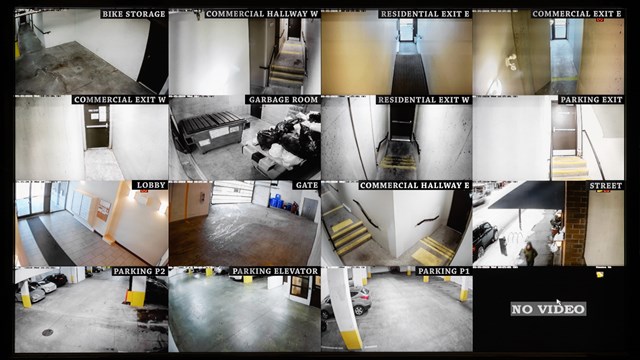“When a corporation buys back shares that have been previously issued to a shareholder, the shares are considered ‘treasury stock’ and held by the corporation. No new certificates need be issued in the name of the corporation. The corporation simply takes back, or ‘redeems’ those shares,” says attorney Andrew Brucker of the Manhattan-based law firm of Schechter & Brucker PC.
“The concept of shares being held by a corporation is not unique. When a corporation is formed in New York, one of the essential items that must be included in the Certificate of Incorporation is the number of authorized shares the corporation will have. This applies to cooperative corporations as well as regular business corporations. The number of ‘authorized’ shares is the maximum shares that can be issued or [be] outstanding, but this does not mean that the corporation must issue all of these shares.
“It is not uncommon for a corporation, even a cooperative, to have more shares authorized than issued. In fact, in a cooperative it is a good idea that there are more authorized shares than outstanding shares, for the cooperative might wish to issue more shares in the future. This would be done, for example, if part of a hallway is sold to a shareholder. That shareholder would buy additional shares since he/she is buying additional square footage in the building.
“Therefore the typical corporation, whether it be public, private or even a cooperative, may hold shares that they bought back from a shareholder and may also have shares that are not yet issued.
“When a cooperative housing corporation buys an apartment in its own building, or takes the apartment in lieu of foreclosure, which seems to be the case in the question at hand, the shares should not be voted by the president of the corporation, or even by the board. The shares should not be voted at all. Voting in elections or on corporate matters should only be done by shareholders, and there are no shareholders that own treasury shares. In addition, if there is any decision that is voted on by the shareholders, in calculating whether there’s been consent of a majority of the outstanding shares or even a majority of those shares that are in attendance at the meeting, the treasury shares should not be included at all.
“Finally, the writer inquires whether anything should be filed when the apartment becomes a rental unit (i.e. when the shareholder moves out, and some else moves in). It should be recognized that a unit in a cooperative is always a rental unit. Whether there is a shareholder and he/she is given a proprietary lease, or the unit is owned by the cooperative corporation and is rented to a person who is not a shareholder, the unit is still a rental unit. Nothing needs to be filed with the state. There are some tax ramifications to this, however, and the cooperative corporation’s accountant should be informed of this situation.”







Comments
Leave a Comment